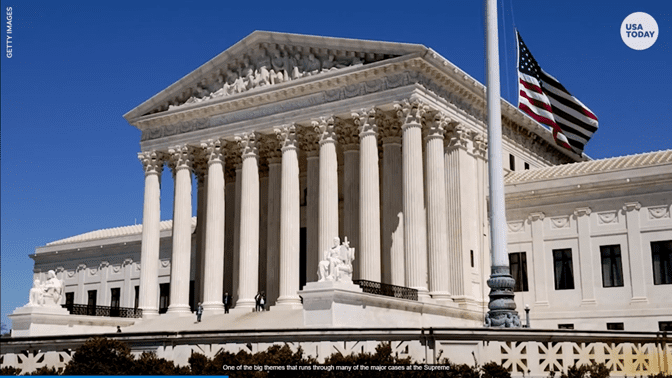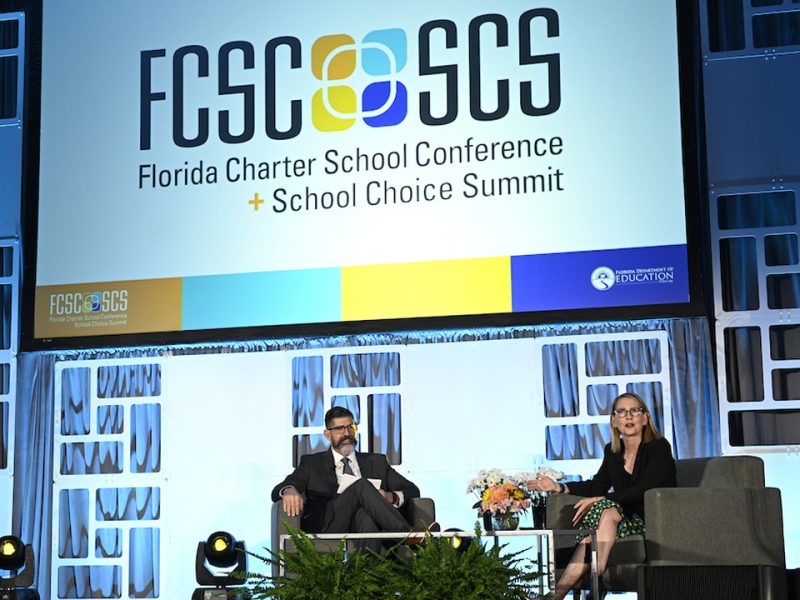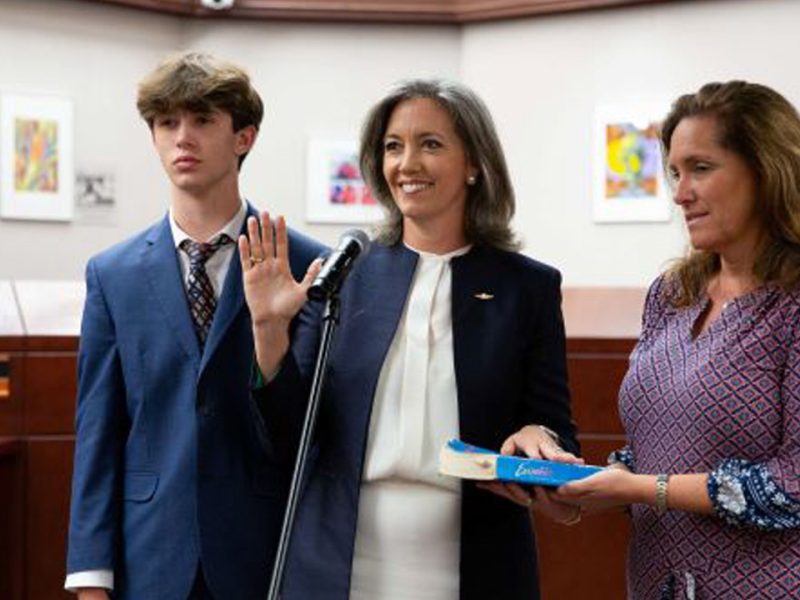Number of LGBTQ school board candidates has grown in 2022 amid controversial bills, report shows
USA Today | Cady Stanton | October 27, 2022
The number of out LGBTQ candidates for school board has more than doubled since 2018 amid a growing number of anti-LGBTQ bills targeting education in the U.S., according to a report released Thursday.
What’s new: The data, provided exclusively to USA TODAY by the LGBTQ Victory Fund – a political action committee dedicated to electing LGBTQ candidates – found the number of out school board candidates has more than doubled, from 34 to 82, in four years. Only 0.1% of the 90,000 current school board members are known to be LGBTQ, according to LGBTQ Victory Institute data.
Further context: The report comes amid a pitched debate over LGBTQ rights and education in schools, marked by legislation such as Florida’s so-called “don’t say gay” bill. The debate has focused on parental control of the content and environment of a child’s schooling, and there have been pushes for bans on LGBTQ-related content and loosening of protections for queer youths.
Why it matters: With low LGBTQ representation on school boards, councils often don’t reflect the identities of the students at their schools. A separate survey by School Board Partners, a nonprofit group that trains new school board members, found 6% of surveyed members identify as LGBTQIA+, compared with 16% of students.
How to bridge the gap: About 6,300 more LGBTQ school board members are needed to close the representation gap, according to the LGBTQ Victory Fund report. Reaching that number requires addressing misinformation and greater work toward recruitment and fundraising, organizers and candidates told USA TODAY.
More LGBTQ candidates stepping up for 2022 election
States across the country are considering more anti-LGBTQ legislation impacting schools. Parents and activists have pushed for the removal of LGBTQ books from school libraries for being “sexually explicit.” They’ve sued over Pride flags in classrooms and pushed for bans on transgender students participating in school sports.
Throughout all this, more LGBTQ candidates than ever are stepping up to run in school board races where these debates are happening, according to Sean Meloy, vice president of political programs at the LGBTQ Victory Fund.
“That’s very important, not only to showcase that we will not be silenced, but that our perspectives are needed because we do exist and our voices are a very important part of the conversation,” Meloy told USA TODAY.
Compared with the students in their districts, school board members in the U.S. are more likely to be white, along with being less likely to have a disability or identify as LGBTQIA+, according to a September report by School Board Partners.
Who are some of the LGBTQ candidates running for school board?
Stephan Kingsley, 42, is running for a school board position in the Tempe Union High School District in Arizona. Kingsley, who has spent 15 years in education and 12 of those as a classroom teacher, said he often felt he couldn’t speak openly about his identity as a transgender man while teaching, an experience that helped motivate him to run and improve LGBTQ visibility.
After hearing questions from students about how candidates planned to treat transgender and nonbinary students in schools, Kingsley decided to speak openly about his identity, which he says may have led to losing support from some Republican voters.
“I just decided that is going to be something that I mention publicly each time that I speak, because those students even reached out to me after and said it meant so much because they also identified as part of the LGBTQ community,” Kingsley said.
Data from the LGBTQ Victory Fund shows 51% of out candidates identify as gay, 19% as lesbian and 14% as queer, according to the report. Only 7% of out candidates identify as transgender.
LGBTQ school board candidates are also more racially diverse than the U.S. population at large. About 42% of out candidates identify as people of color, compared with 39% in the general U.S. population.
Rise in debates over LGBTQ rights motivates both sides to run
Running for school board and working in the role is not easy for LGBTQ candidates and members.
The Victory Institute released a report in July that found 47% of LGBTQ school board members had been the target of anti-LGBTQ verbal attacks as a candidate and 17% of those who were elected had been the target of anti-LGBTQ verbal attacks from a fellow member of the school board.
Nick Resnick, a 37-year-old queer man running for school board in Oakland, California, said he believes LGBTQ candidates often need to work harder to accomplish the same successes as their straight counterparts because of a history of marginalization and discrimination. In conservative areas where anti-LGBTQ rhetoric has become most prominent, candidates may be more intimated to run for office, he said.
Some LGBTQ candidates stepped away from races or chose not to run this year because they “hit their limit” in terms of the hatred they faced, according to Meloy.
Conservative-leaning candidates running for school board are parents who gained interest in races while pushing back against pandemic-related restrictions in classrooms, who’ve now expanded their campaigns to include promises to reduce teaching on race and sexuality, and to stop plans for projects such as gender-neutral restrooms.
New right-leaning political action committees also have been supporting the candidates in those 2022 school board races using national fundraising money.
The increase in legislation and the continued debate over LGBTQ rights can create hurdles for out candidates, but it has also created a rallying cry for more LGBTQ candidates to run for elected office, Meloy said.
“I think that is what helps compel some of these folks, and I think that for races next year, the ‘don’t say gay’ bill and like legislation is going to compel them even more,” he said.






